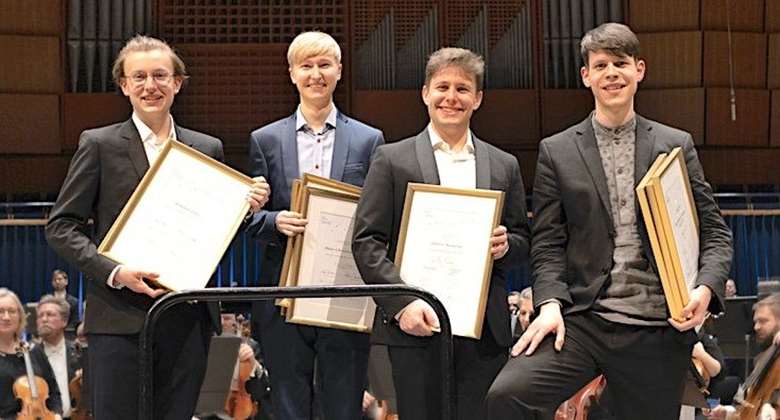The Long View | Taking Nationality Out of Competitions
Andrew Mellor
Tuesday, April 19, 2022
Can the intrigue, rivalry and interpretative context of an international music competition work when nationality is entirely removed?


Register now to continue reading
Don’t miss out on our dedicated coverage of the classical music world. Register today to enjoy the following benefits:
- Unlimited access to news pages
- Free weekly email newsletter
- Free access to two subscriber-only articles per month